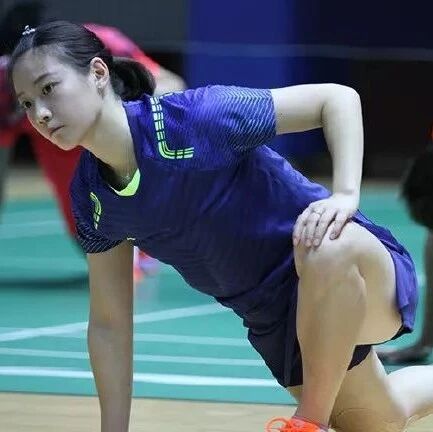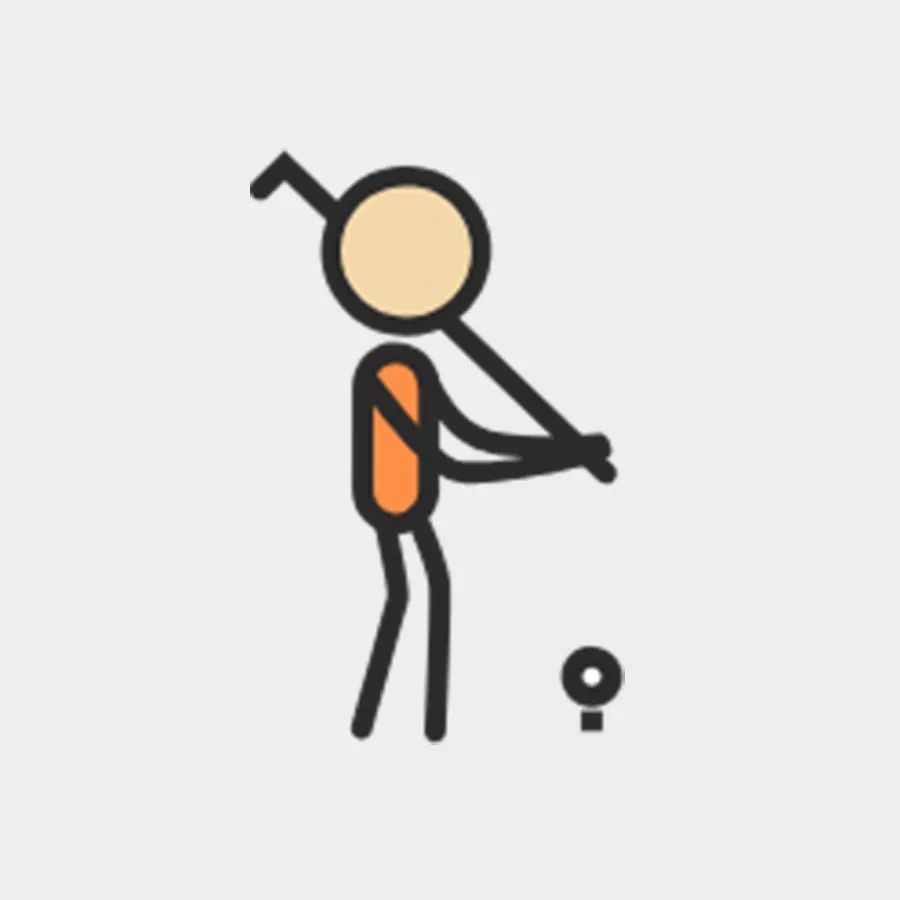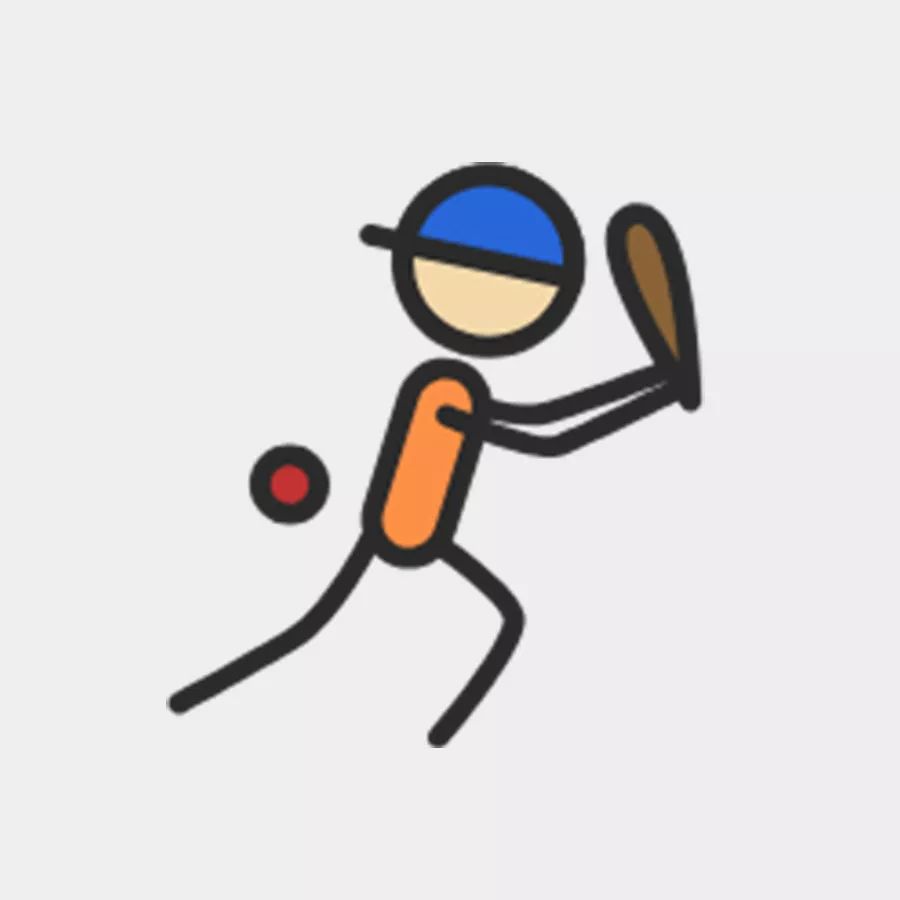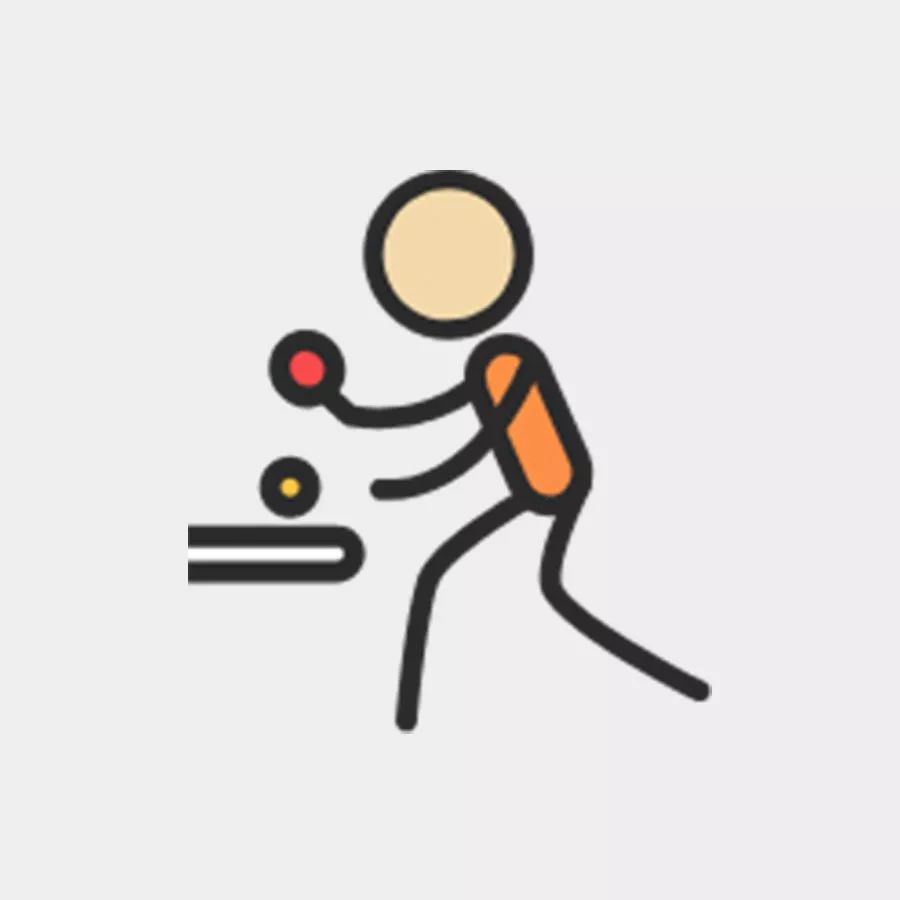The Top 10 Ranking of IQ Scores Among Ball Sport Athletes—Guess where badminton ranks?


"People often describe athletes with the phrase, 'Strong in body, but simple-minded!' But if you still see athletes that way today, it means you simply don’t understand them very well at all!"
According to an intriguing experiment by British scholar Boulton: "The more you move, the higher your IQ.”
U.S. magazine *Tennis* conducted an IQ survey among athletes from 10 different ball sports. Using systematic assessments such as sampling and statistical analysis, scientists ranked these 10 ball sports to create a "smartest sports" list.
Check out which ball sports are bringing the sports world together!The Most Powerful Brain”!
Tenth place: Golf
According to some reports, U.S. experts, after conducting research and testing the IQ levels of athletes across various sports, concluded that golfers have the lowest IQ scores. This rumor has deeply upset the golf community, with many firmly dismissing it as malicious slander—a blatant attack aimed at both the sport of golf and its passionate enthusiasts!
In fact, this result might actually be quite reliable, but it doesn’t claim that golfers are low-IQ idiots—just that their IQ tends to be slightly lower compared to athletes in other sports. And frankly, that doesn’t seem like a big deal at all.
Ben Hogan once said:
Selecting golf players is surprisingly simple: all you need is big hands, a big swing—and maybe a bit of simplicity in thinking.

Look, the underlying message is that you don’t need to be overly intelligent to play golf. After all, golf is a sport where you have plenty of time to analyze the situation on the course before making your shot—so it’s perfectly fine if your reaction isn’t lightning-fast.
Unlike many other sports, golf is mostly played without the supervision of referees. This sport requires each participant to…Honest and self-awareStrictly follow the rules and possessPolite and courteousAnd the spirit of good sportsmanship. Today, golf plays a vital role in building and strengthening personal relationships—it’s an elegant, civilized form of social interaction. This, after all, is the very essence of the game.
Ninth place: Handball
Handball, a sport that originated in Europe and has since gained considerable popularity across the continent, is often referred to alongside football and basketball as one of the region's most iconic sports.Europe's Three Major Ball Sports
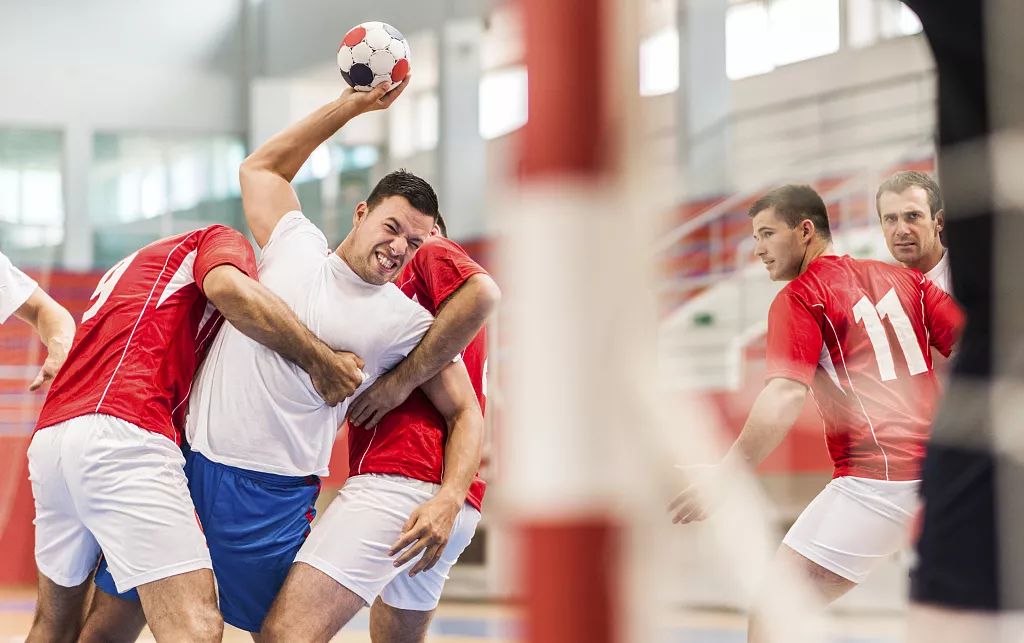
Handball originated in Germany, and as anyone who’s played it before knows, at its core, handball is essentially a hybrid of basketball and soccer. It shares similarities with basketball—mainly because everyone plays it using their hands—but also because, during the evolution of handball, several rules were actually adapted directly from basketball regulations.
Eighth place: Volleyball
Volleyball originated in the United States and is a moderately active, highly engaging indoor recreational activity suitable for people of all ages and genders. According to the rules, the ball must stay in play during matches—players are not allowed to let it touch the ground, hold it, or make consecutive hits. The brief duration of each rally and the ever-changing dynamics of the playing space make volleyball an incredibly skillful sport, simultaneously challenging players' mental agility and fostering advanced cognitive thinking among athletes.
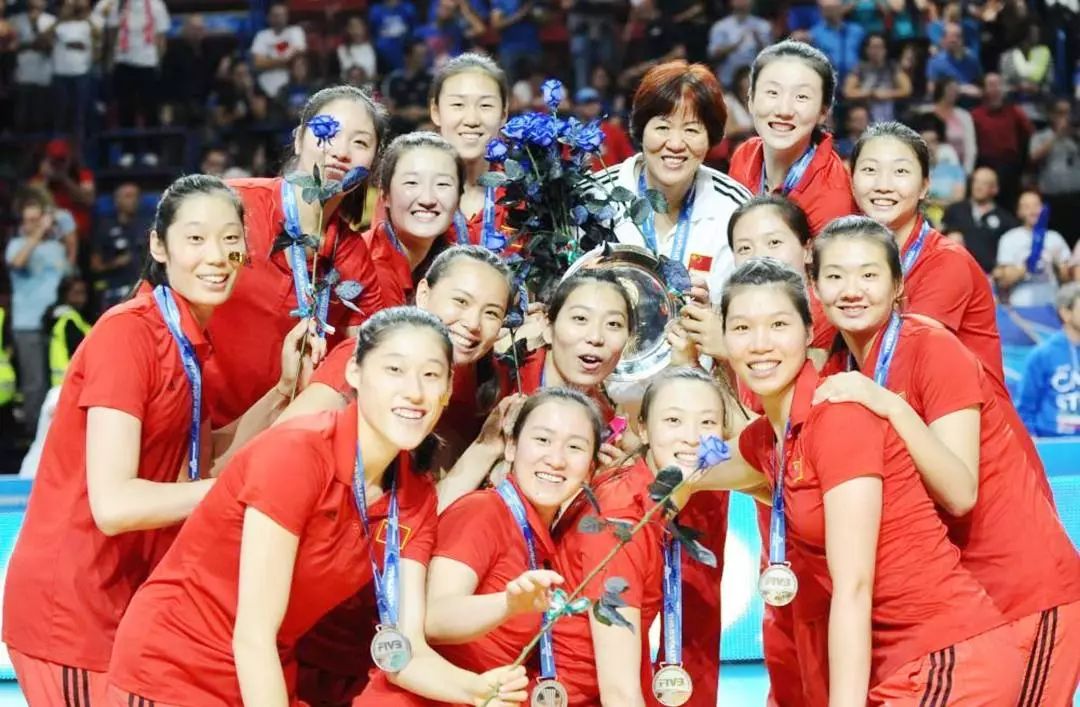
The People's Daily once featured "Unity and collaboration, tenacious effort, and never giving up.“It defined and interpreted the ‘Women’s Volleyball Spirit’:
Life goes on—let the fight never cease!
“Sometimes, even when you know you can’t win, you still give it your all. Though you may stumble and wobble, you stand up, brush off the dust, and keep your gaze firmly set ahead.”
Relying on the spirit and resilience of "grinding it out point by point" and "fighting tooth and nail for every single point," the Chinese women's volleyball team has steadily conquered one tough battle after another, continuously writing legends on the sports arena!
Seventh place: Basketball
On the "IQ leaderboard," basketball is firmly in the lower half—its performance isn’t exactly impressive. Yet Chinese player Yao Ming has managed to salvage a bit of NBA pride.
Yao Ming’s ability to make an immediate impact back then was naturally tied to his physical attributes. While having well-developed limbs might seem like the primary reason people thought he’d become a superstar, little did they know that Yao Ming’s IQ was definitely above average.
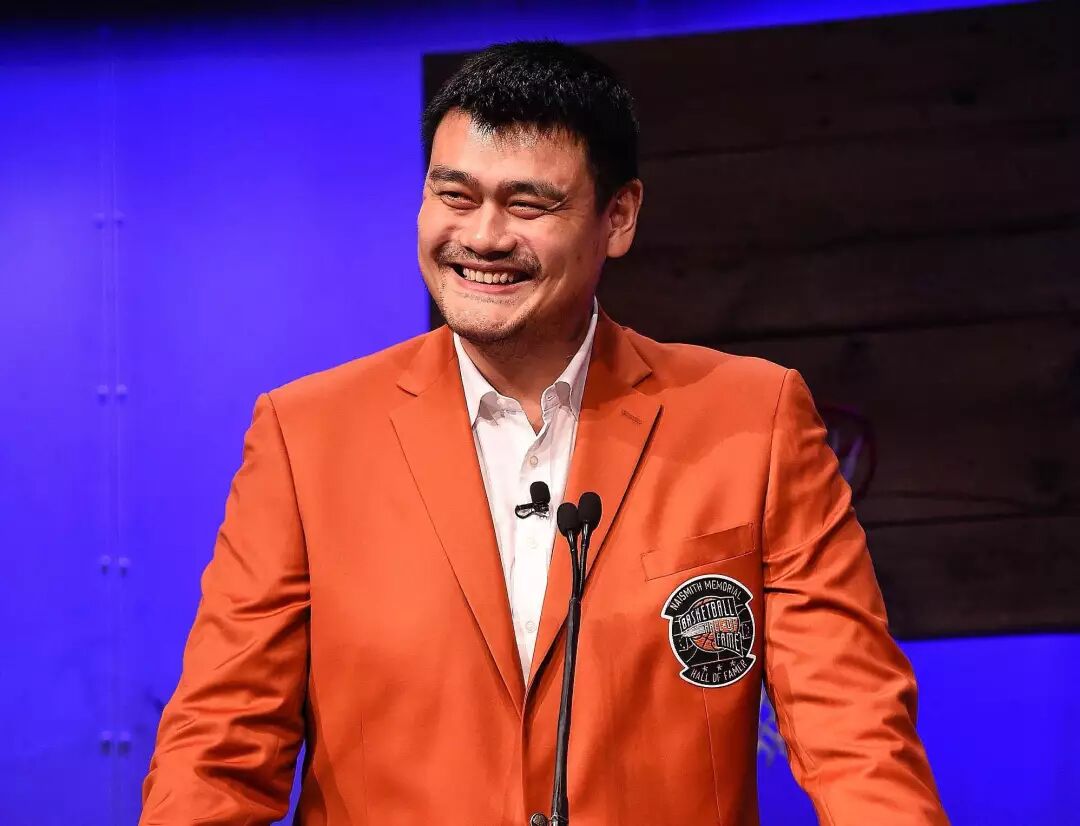
America's renowned IQ research website, IQ Test Network, once conducted an IQ test on NBA players based on certain data—and the results showed that Yao Ming had the highest IQ among currently active players at the time, scoring a remarkable **high**.132, this figure surpasses LeBron James, Kobe Bryant, and Shaquille O'Neal.
Meanwhile, the average IQ of his entire Rockets team is just 98, while the average IQ for all NBA players stands at a modest 83. According to international standards, an IQ between 80 and 90 falls into the category of "slightly below average intelligence."
Sixth place: Field Hockey
Hockey, also known as field hockey, is one of the oldest and most prestigious sports featured in the Olympic Games. The name "Hockey" originates from the French word for a shepherd's crook—fittingly capturing the sport's roots in pastoral life. As one of the world's oldest sports, hockey emerged over 1,200 years—or even earlier—before the very first modern Olympic Games.

During a hockey game, each player typically runs at least 2 to 3 kilometers. As you practice hitting the puck into the net with your stick, your hand-eye coordination naturally improves. Swinging the stick strengthens your arms, while the quick sprints and sudden stops throughout the game help tone your legs and glutes.
Fifth place: Soccer
Football is known as "The World's Number-One Sport"Renowned as the most influential single sport in the global sports community, basketball on the court isn’t just about IQ in the conventional sense—it embodies what neuropsychologists refer to as "executive function," encompassing qualities like instant creativity, the ability to devise counterstrategies, and the capacity to swiftly adapt tactics.
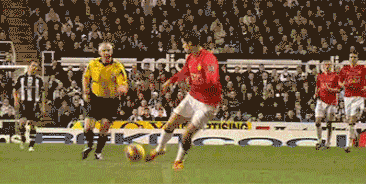
Dr. English, the team doctor for Chelsea, one of the Premier League's football giants and world-class clubs, once organized an IQ test for his players—and the results were…LampardAchieved the highest score, even reaching the all-time high for this test.
The doctor revealed with a frustrated tone, "He's even taller than me." Out of professional ethics, he didn't disclose any specific test results, but instead roughly outlined the range of Lampard's IQ:More than 150!
Research suggests that it may be possible to identify tomorrow’s football stars early in their careers. Football teams could also consider incorporating cognitive ability tests into their player selection process, alongside traditional physical and technical evaluations. The researchers note that further study is needed to determine whether these cognitive skills can be enhanced through targeted training.
Fourth place: Baseball
Baseball is especially popular in the United States and Japan, where it’s known as “National Ball"Baseball is a highly competitive, team-oriented ball sport, often hailed as the 'game of kings'—"The fusion of athleticism and intellect" is a team-based sports activity that combines intelligence and courage, fun and collaboration.

It combines action with strategy, featuring clear division of roles. Team members emphasize both individual intelligence and talent, while also being required to master strategic thinking and tactical coordination—working seamlessly together as a unit. Each member has a well-defined role with clearly outlined responsibilities, yet they must also proactively collaborate and support one another. When necessary, individuals are willing to make personal sacrifices to prioritize the greater good of the team.
Third place: Ice hockey
Ice hockey, also known as "ice field hockey," isVersatile skating skillsAndSkilled and nimble hockey skillsThe sport is one of the more competitive team ice sports and is also an official event at the Winter Olympics.

Ice hockey skills are broadly divided into two main categories: skating techniques and offensive/defensive techniques. Skating techniques, which are the most fundamental skills that ice hockey players must master, include starting, forward skating, backward skating, inertia turns, lateral pressure-step turns, and sudden stops, among others.
Numerous domestic and international practices have demonstrated that learning ice hockey can enhance a wide range of qualities, including flexibility, agility, coordination, endurance, physical strength, cognitive ability, mental resilience, and courage. Clearly, the benefits of ice hockey for the participants' holistic physical and mental development are self-evident.
Second place: Table Tennis
Table tennis is a sport that combines fitness, competition, and entertainment, offering significant exercise benefits. Playing table tennis not only provides a comprehensive physical workout but also helps regulate emotions, boosting mood, fostering an open and cheerful personality, enhancing cognitive abilities, and promoting intellectual growth. As such, it’s an ideal activity for children, teenagers, young adults, and older individuals alike who enjoy staying active.
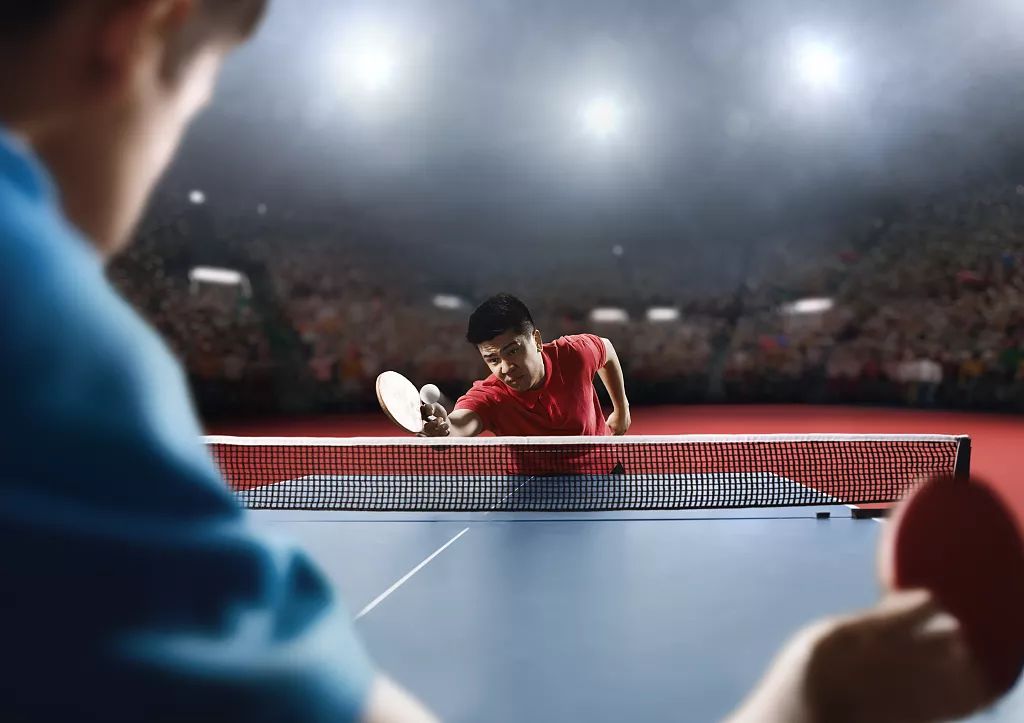
For teenagers, playing table tennis can promote physical development, while for middle-aged and older adults, it helps keep muscles and joint tissues active throughout the body, enhancing both reaction speed and the ability to move limbs effectively—ultimately helping to slow down the aging process.
Table tennis can very effectively develop reaction, agility, coordination, and cognitive thinking skills.Secondly, due to the sport's highly evident competitive nature and entertainment value, it also serves as an effective activity for cultivating qualities such as courage, resilience, and quick thinking, while helping individuals maintain youthful energy and effectively balancing the nervous system—and even potentially preventing conditions like dementia in older adults.
First Place: Badminton
It’s often said that people who excel at badminton are highly intelligent—take Lin Dan, Lee Chong Wei, and Chen Long, for example. Not only do they dominate on the court, but they also shine in love and even succeed in business. Recent research shows that regularly playing badminton can significantly boost brain reaction speed: after just six months of training, children’s ability to make quick judgments improves dramatically, with reaction times dropping from 0.3 seconds to as little as 0.1 second—and in the most exceptional cases, even as low as 0.05 seconds. According to an authoritative international expert analysis,Children who play badminton have, on average, an IQ 20% higher than the general population.
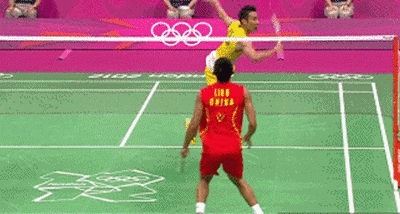
The qualities essential for a badminton player are nothing more than intelligence, technique, and physical fitness. Anyone familiar with the badminton world knows that badminton is the sport that most intensely tests a player's intellect. Unlike soccer or basketball, badminton relies heavily on tactical thinking, coordination, and teamwork. In fact, every top badminton player is essentially a master of mental agility. Take Lin Dan or Tai Tzu-ying, for instance—reportedly, both boast exceptionally high IQs.Above 170 points, it's truly frighteningly high.
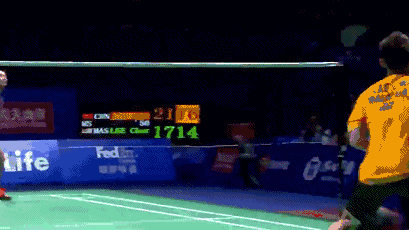
It seems learning badminton really is best started early—not only does it keep you physically fit, but it also boosts brain development!


Human intelligence levels depend on factors such as genetics, nutritional status, and education. In fact, physical exercise is also a significant factor influencing IQ. Exercise, after all, is an incredibly subtle and complex intellectual activity.
Our brain contains approximately 100 billion neurons, and most of the brain's development occurs during childhood. Gráid Gage, from the Salk Institute in California, USA, discovered that adults can also generate new brain cells. He further found thatThe best way to promote brain cell growth is through exercise.Simply by sticking to regular exercise, you can boost the regeneration of brain cells! Physical activity strengthens your overall fitness and supports healthy brain development. Consistently engaging in sports not only increases brain weight but also enhances the thickness of the cerebral cortex.

Liu Xin, a researcher at the Shanghai Institute of Sports Science, says, "Exercise truly boosts brain vitality. Conversely, a more vibrant brain can also enhance athletic performance." But just as IQ relates to success, an athlete with high intelligence—who aims to reach the pinnacle of their career—will also need hard work, perseverance, and a fair bit of luck.
Get fit, boost your brainpower—let’s grab those badminton rackets and start moving!
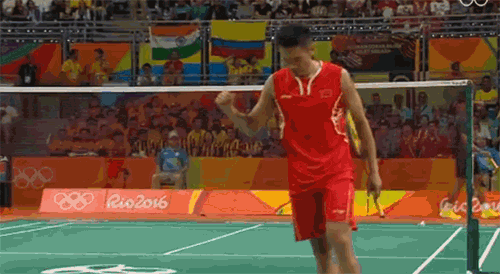

Related Articles
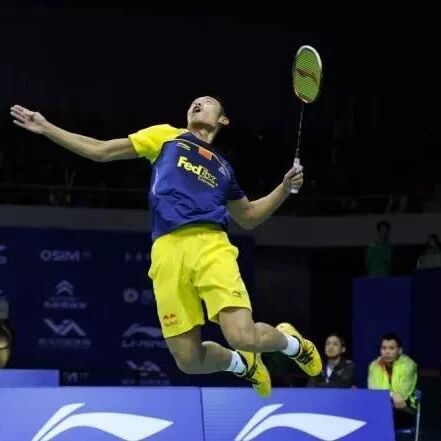
How can you make your badminton smashes more powerful and aggressive?

Big drama unfolds! A lawyer's letter has arrived | Yang Chen, the internet sensation, continues his public takedown of influencer Wang Xiaoyu—blame it all on her livestreamed product promotions!
